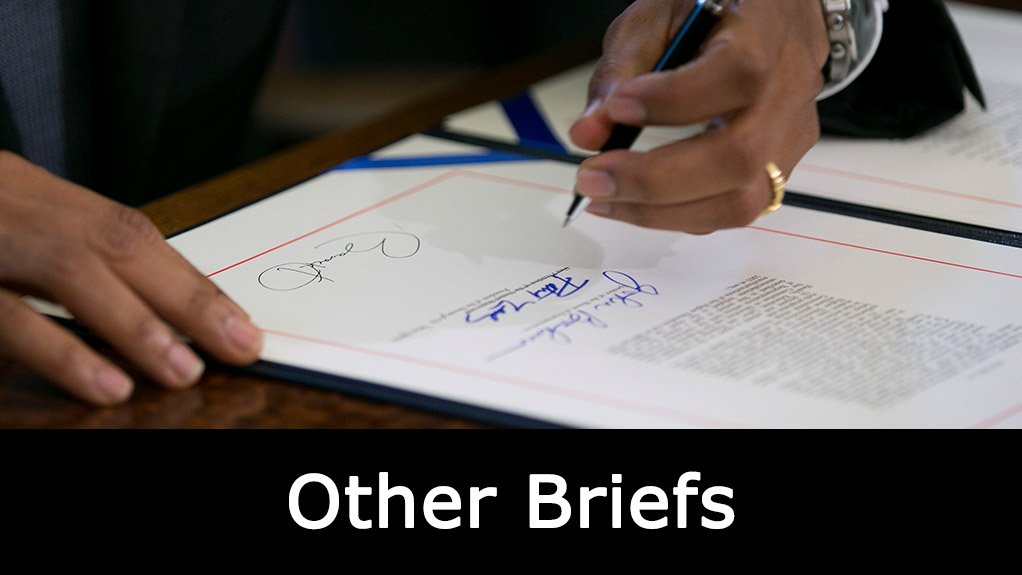On the 27th of March 2014 Vanachem Vanadium Products (Pty) Ltd (the applicant) approached the Labour Court on an urgent basis to interdict the intended strike of NUMSA employees (the respondents).
In essence, the applicant contended that the demands made by the union on behalf of its members were not demands in support of which a protected strike could be called and that the intended strike action would accordingly be unprotected.
In 2012, the applicant and the union concluded what has been referred to as the strike settlement agreement. In clause 1, the parties agreed that all conditions of employment contained in annexure A to the agreement would be determined and based on the terms and conditions of the MEIBC main agreement. (The MEIBC is the bargaining council for the metal and engineering industry, and serves generally to regulate terms and conditions of employment in the industry.) Clause 37 (1) of the main agreement in effect establishes the bargaining council as the sole forum for negotiating matters contained in the Main Agreement.
In May 2013, the union submitted a number of demands to the applicant. The applicant’s refusal to accede to these demands became the subject of a referral of a dispute to the bargaining council. On 30 January 2014, the bargaining council issued a certificate of outcome to the effect that the dispute remained unresolved.
There were five demands that the applicant sought to impugn.
(a) The ‘insourcing’ of jobs previously outsourced.
(b) Transport from and to work or home at no charge to the employees.
(c) The appointment of full-time shop stewards.
(d) Payment of a risk allowances.
(e) That the employer should train not less than five artisans per term.
The applicant submitted that the disputes were regulated by the main agreement in terms of section 37 and thus not capable of being the subject of protected strike action, and/or that the subject of the demands did not constitute “matters of mutual interest” for the purposes of the definition of a strike in the LRA. It was further contended that section 65 (1) of the Labour Relations Act provides that:
“No person may take part in a strike or a lockout or in any conduct in contemplation or furtherance of a strike or lockout if –
that person is bound by a collective agreement to that prohibits a strike or lockout in respect of the issue in dispute‟.
According to Judge Van Niekerk none of the demands of the respondents, with the exception of the demand for transport, were matters settled on a bargaining council level in terms of a collective agreement. Van Niekerk further dismissed the applicant’s submission that a matter of mutual interest dispute must have all the characteristics listed below, with emphasis on the last part of “c”:
(a) it must relate to the employment relationship between the employer and employee
(b) it must create new, or destroy existing rights in the employment relationship; and
(c) it must be a matter in the interest of both employer and employee, and must concern the common good of the enterprise.
It was ordered that the respondents were not entitled to call for strike action in support of its demand for the payment of transport costs but that they would be within their rights to participate in a protected strike in support of the balance of their claims.
Contact Jan du Toit, SA Labour Guide
EMAIL THIS ARTICLE SAVE THIS ARTICLE
To subscribe email subscriptions@creamermedia.co.za or click here
To advertise email advertising@creamermedia.co.za or click here











